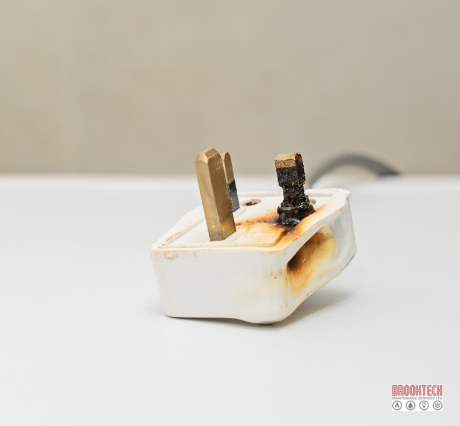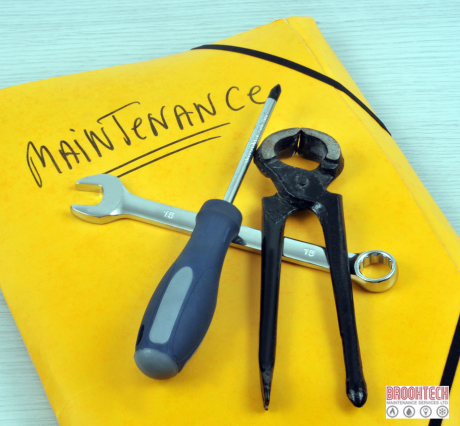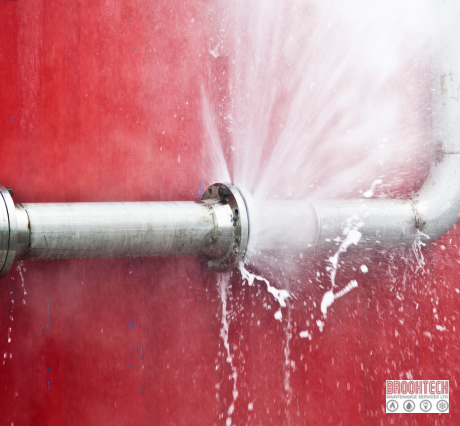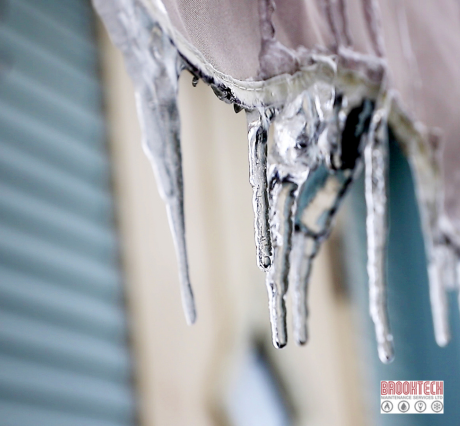Common Causes of Electrical Fires and How to Prevent Them
Electrical fires are one of the leading causes of damage in homes and businesses, making it critical to understand how they start and how to prevent them. From faulty wiring to overloaded circuits, there are various triggers that can turn a small electrical issue into a devastating fire hazard. In this blog, we’ll look at the most common causes of electrical fires and provide practical advice on how to reduce the risk.
1. Faulty Wiring and Outdated Systems
One of the most common causes of electrical fires is faulty wiring or outdated electrical systems. Old or damaged wiring can lead to electrical arcing, which produces heat that can ignite surrounding materials like insulation or wood. If your wiring system is old, not properly installed, or if it has become damaged over time, the risk of fire increases significantly.
How to Prevent Wiring Issues:
- Inspect Electrical Systems Regularly: Regular checks by a qualified electrician will help spot and fix any wiring problems before they escalate. Worn-out cables, frayed wires, and outdated fuse boxes are major red flags that should be addressed.
- Upgrade Older Systems: If your electrical system hasn’t been updated in decades, it’s essential to modernise it. Older systems are not designed to handle today’s electrical load, which can result in overheating and fires.
2. Overloaded Circuits
Overloaded circuits occur when too many appliances are connected to a single electrical outlet or circuit, drawing more power than it can safely handle. This can cause overheating, leading to sparks or an electrical fire.
How to Prevent Overloading:
- Distribute Electrical Load: Avoid plugging multiple high-energy devices, such as heaters and kettles, into the same socket. Use different circuits for different areas of the home or business to distribute the load more evenly.
- Install Circuit Breakers: Circuit breakers are designed to shut off power if an overload is detected, preventing overheating. Make sure your system has working circuit breakers and that they are regularly tested.
3. Misused or Damaged Electrical Appliances
Another common cause of electrical fires is the misuse of appliances or continued use of damaged equipment. Appliances with worn-out cords or faulty plugs can easily ignite nearby materials, and using appliances in conditions they weren’t designed for, such as damp environments, increases the risk.
How to Prevent Appliance-Related Fires:
- Regularly Inspect Appliances: Check all electrical appliances for signs of wear and tear, particularly focusing on cords and plugs. If you notice fraying, exposed wires, or burn marks, replace the equipment immediately.
- Use Appliances Correctly: Always follow manufacturer guidelines for proper appliance use. Never use electrical devices near water unless they are specifically designed for such conditions, and always turn off and unplug appliances when not in use.
4. Extension Cords and Power Strips
Improper use of extension cords and power strips is another frequent cause of electrical fires. Overloading these devices, or using them as a permanent solution instead of installing additional outlets, can result in overheating and electrical fires.
How to Prevent Extension Cord Issues:
- Use Extension Cords Safely: Only use extension cords as a temporary solution, and avoid plugging multiple heavy-duty appliances into a single cord. Never run extension cords under rugs, as this can lead to damage and create a fire hazard.
- Invest in Surge-Protected Power Strips: Surge-protected power strips can help prevent fires by stopping electrical surges from damaging your appliances and creating sparks.
5. Heaters and High-Energy Devices
Space heaters and other high-energy devices, such as electric ovens and kettles, can easily overheat and catch fire if not used carefully. Placing these devices too close to flammable materials, such as curtains or furniture, can lead to a rapid spread of fire.
How to Prevent Heater-Related Fires:
- Keep Heaters Away from Flammable Items: Always ensure that heaters are placed at least a few feet away from furniture, curtains, or anything else that can easily catch fire.
- Never Leave Heaters Unattended: Heaters should always be turned off when you leave the room. Make sure they are stable and cannot be knocked over easily.
6. Inappropriate Use of Electrical Equipment
Electrical equipment, such as light fixtures or switches, can cause fires when used with inappropriate wattage or if they are not properly maintained. For instance, using a light bulb with too high a wattage for the fixture can cause the fixture to overheat and ignite.
How to Prevent Misuse:
- Check Wattage Limits: Always use bulbs and electrical accessories that fit the specified wattage and electrical rating of your fixtures and outlets.
- Maintain Fixtures and Switches: Regularly check for signs of wear on your light switches and fixtures. If they feel warm to the touch or flicker, it’s a sign that they may need repair or replacement.
How Brooktech Can Help
At Brooktech, we understand how vital it is to keep your property safe and functional. We offer comprehensive maintenance services designed to minimise the risk of electrical fires, ensuring your electrical systems are always in optimal working order. From regular inspections to upgrades of outdated wiring, we provide proactive solutions to keep your property safe.
With our planned maintenance package, you’ll benefit from routine checks that identify potential hazards before they escalate, reducing the risk of fire. Our emergency care services also ensure that any urgent electrical issues are addressed swiftly, minimising downtime and keeping your property secure.
Contact Brooktech today to learn more about how we can help maintain the safety and functionality of your electrical systems and reduce the risk of fire hazards in your home or business.









